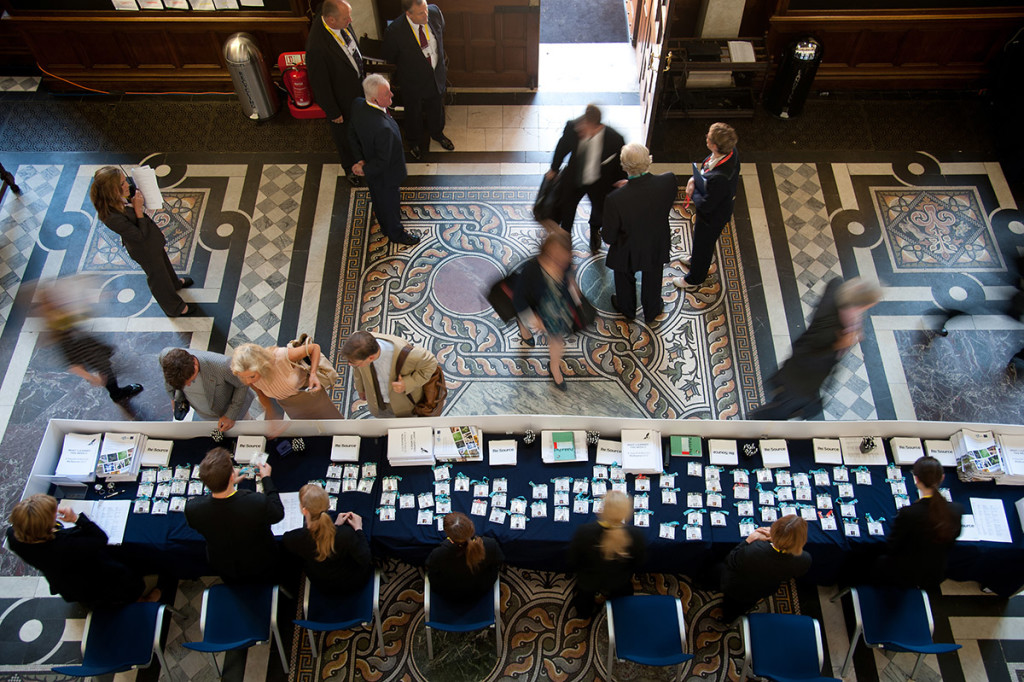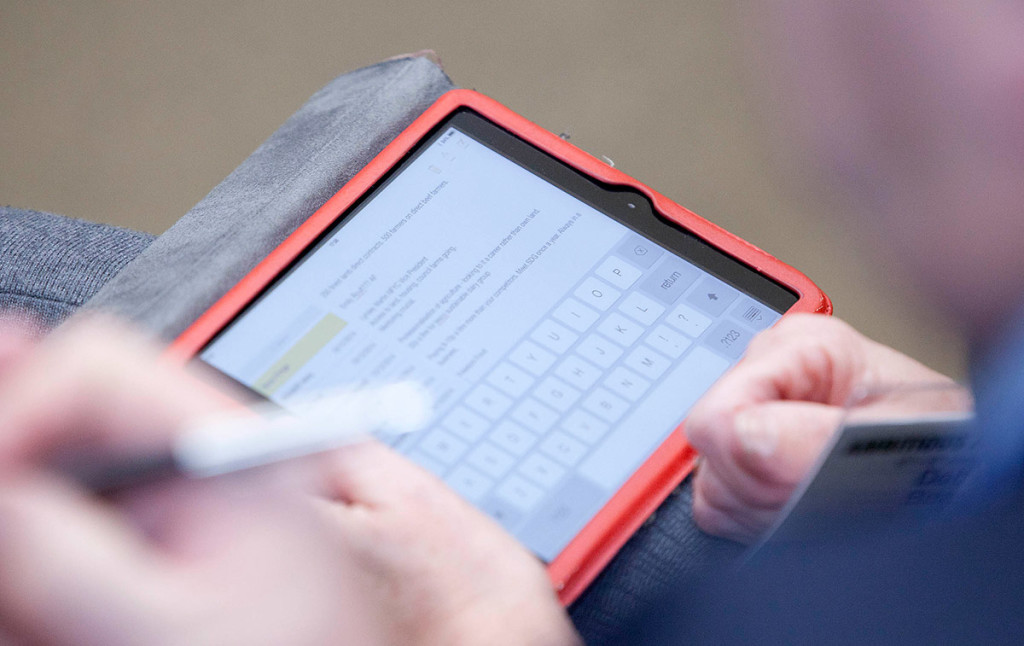Top tips for organising a successful event
posted on Monday 23 May
Blog, Hints and tips1. Sort out your budget – different venues charge different rates so make sure the price tag fits within your budget. Does the price quoted include everything you need for your event? Are there any extra costs you need to be aware of: extra equipment, bottled water? Have you negotiated the best rate?
2. Find the right venue – it’s important to find the right venue for your event. Think about what is most important to your delegates and build your search around that. This may be location, style of venue, catering choices or AV facilities offered. Once you’ve found a venue, check to see if they have any restrictions e.g. academic venues may only be able to hire space at certain times of the year or you may share the venue with some academic activity. Older venues or listed venues may not allow candles, fireworks, helium or other things. Be sure to ask what restrictions a venue may have before you book.

3. Get extra support – some of our clients find they are left responsible for organising a major event that is not the ‘day job’. Event planning is hugely resource intensive so why not consider using an event planning service? For an additional fee, you can get help with setting-up registration, sourcing speakers, coordinating logistical arrangements with venues and bedroom bookings, raising funds for a conference via sponsorship and much more.
4. Pin down the logistics – consider how you are going to get people to the venue. In Oxford public transport is the quickest and easiest way. If you are organising a multi-site event consider the logistics and time involved in moving large groups of people around – our tip – have plenty of stewards and factor extra time into your programme. If the weather’s bad, how will this impact on availability and access?

5. Plan ahead – with any event it’s important to plan ahead to make sure you’ve secured all of your requirements in good time with the venue. This may be making sure each room layout is confirmed with your speakers, that you’ve got enough poster boards for all your submissions or that you’ve worked out the best floorplan for your exhibition area with the venues to allow for power socket access or good visibility. Check with each venue to see what their time scales are. At our venues, we like to work with you each step of the way on an event running order to make sure we’re always on top of your requirements. We like to get most requirements pinned down two weeks prior to your event and adapt when something needs to change closer to the date.
6. Manage your risk – you should consider the management of risk from the earliest stages of planning your event. For a large complicated event this may be a written risk assessment. For a smaller event it could just be a question of asking yourself ‘What could go wrong?’. Some risks will be controllable and you can put measures in place to reduce or remove them, others will be beyond your control but you can insure against them. Venues often specify a limit for indemnity of public liability so make sure you read the contract carefully.

7. Don’t under estimate the value of food and beverages to a successful event –consider the timings, choices, and variety of food and beverage options you give your guests, it creates lasting memories! Themed breaks are a great add on to any event. Not only will it create a talking point for your events but will make attendees feel special. Why not consider energy snacks with the morning break or a special afternoon tea? It’s also worth checking where the catering will be served – is it the same room as the meeting or a different one, how accessible is it?
8. Stimulate conversations before during and after – delegates go for the talks and workshops but they also go for the networking. Think about the areas this will take place in. Will it happen over lunch and tea and coffee and do those areas have a good flow? What kind of atmosphere do you want to create? Also think about how you’ll connect people before and after the event – do you have enough in the budget to create an app with social integration for the event? Can you tap into social media channels such as Facebook to create an online community for people to arrange meet ups beforehand and keep in touch post event?

9. On the day – however much you plan and work with the venues, there’ll always be something that changes on the day or doesn’t go exactly to plan – that’s events! If this happens, be calm and kind to yourself! If anything does happen make sure you’re in touch with the venue staff. We are used to working with last minute changes and we’re always on hand to provide support and work out solutions if you need us. Use it as a learning experience and build it into plans for your next event.
10. Feedback – possibly one of the most vital parts of an event is the feedback. If you’re running the event regularly or it’s an annual affair, delegate feedback is invaluable to help you improve and learn for the next one. You’ll get to hear the opinions of attendees and they may give you an insight into things you’ve not even considered. It’s also worth having a wash up meeting with the venue. The venue staff may have picked up on things you may have missed and it gives you a chance to feedback to them especially if it’s going to regularly be held there.

